Pompeo on Latin America tour to build up support for Maduro ouster
US Secretary of State Mike Pompeo, who is on a tour of four Latin American countries, has called for maintaining regional pressure on Venezuelan President Nicolas Maduro and his government.
On the third leg of his four-nation tour, Pompeo arrived in the Peruvian capital of Lima on Saturday and met with the country’s President Martin Vizcarra to gather support for President Donald Trump's hardline stance against Maduro.

Washington has been pressuring Maduro to step down and urging more countries to join the coalition supporting Venezuela’s opposition figure Juan Guaido who declared himself “interim president” in January.
The Trump administration has imposed a raft of sanctions against Maduro’s government and even threatened to use military force in an attempt to remove him from power.
US-imposed sanctions have hurt the Venezuelan economy as well as ordinary people, who are already suffering from hyperinflation and food and medicine shortages, triggering mass migration to neighboring countries, such as Peru and Colombia.
After a private meeting with Vizcarra on Saturday, the US secretary of state attended a joint news conference with Peruvian Foreign Minister Nestor Popolisio and discussed the status of Venezuelan migrants in neighboring countries.
“From Venezuela, it is our deep hope that we can achieve our objectives quickly, timely so that these individuals will return to their home country,” Pompeo claimed.
However, he got irate when a reporter asked if that contradicted Trump's harsh immigration policy at home.
"Our objective is to allow people to stay in their home countries, this is President Trump's desire, we want to create conditions in these countries where they can stay in their own country," he said.
Many Venezuelans, fleeing economic and political crisis at home, have joined migrant caravans of Central American countries over the past months and reached the US southern border with Mexico, where they have been facing an array of mistreatment and abuse.
Pompeo’s visit to Peru as part of a tour of four Latin American countries came after meeting officials in Chile and Paraguay.
In the Chilean capital of Santiago, he defended sanctions against Caracas and said Washington would not "quit the fight" in the South American nation.
In Paraguay’s capital Asuncion, Pompeo accused Maduro of being a “tyrant,” and praised Paraguay’s support for Guaido in Venezuela.
Maduro blames US sanctions for the country's economic problems and dismisses Guaido as an American puppet.
Maduro orders civil militia expansion
On Saturday, the Venezuelan president ordered an expansion of civilian militia by nearly one million members amid worsening crisis after nationwide electricity blackouts.
"With your rifles on your shoulders, be ready to defend the fatherland and dig the furrow to plant the seeds to produce food for the community, for the people," Maduro told thousands of militia members gathered in the capital, Caracas, wearing khaki camouflaged uniforms.

The civilian militia, dubbed National Bolivarian Militia, functions as a reserve force composed of civilian volunteers, which was founded by former president Hugo Chavez in 2008 to assist the Latin American country’s armed forces.
Venezuela’s military top brass has remained loyal to the 56-year-old president despite Guaido's offer of amnesty to military members who defect.
Power cuts have occurred sporadically since the massive blackout of March 7 left the country in the dark for five days, with electricity being rationed outside of Caracas.
Maduro's government has blamed US-backed sabotage for the massive blackouts that have deprived millions of power.
Maduro has called for support from allies, including Russia and China as well as the UN to investigate the “US cyber attack” he claims was responsible for the blackout.
Businesses and schools have been shut down on the president’s orders since the blackout began.
VIDEO | Press TV's news headlines
Iranian satellites launched into space as private sector debuts in space industry
VIDEO | Iran, Azerbaijan conduct joint maritime rescue operations
VIDEO | Yemen’s Red Sea divide: Naval forces block Israeli-linked ships in strategic ‘parting of the water’
VIDEO | Southern Gaza: Israel’s facade for famine and suffering
VIDEO | IOF hampering humanitarian aid
VIDEO | Sharmahd: Justice Done
Iran repeatedly warned Israel not to test its will: FM




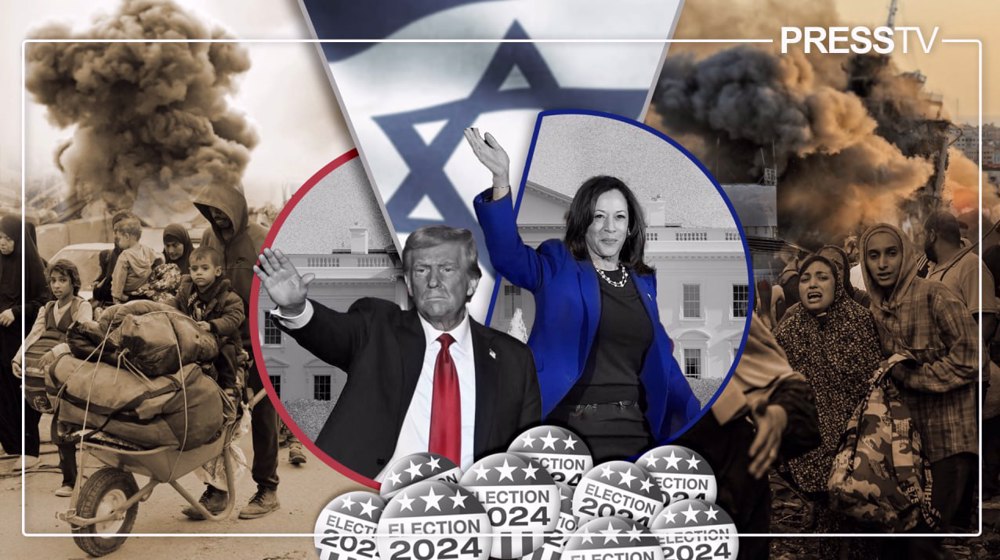
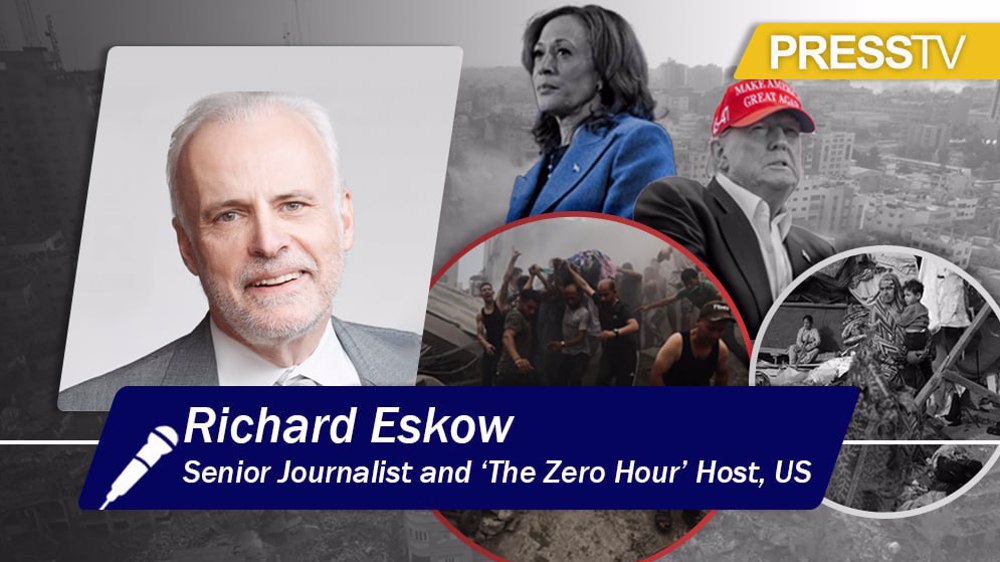
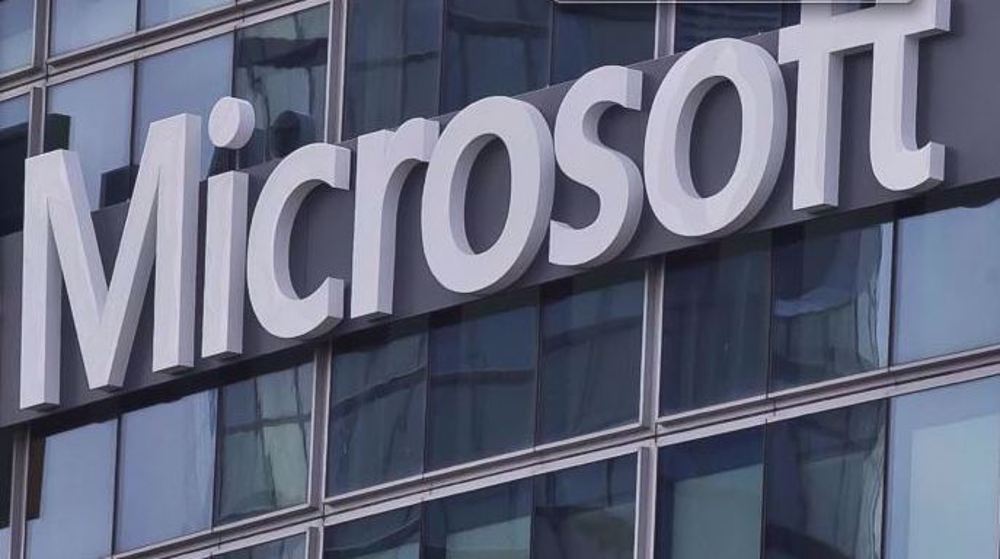



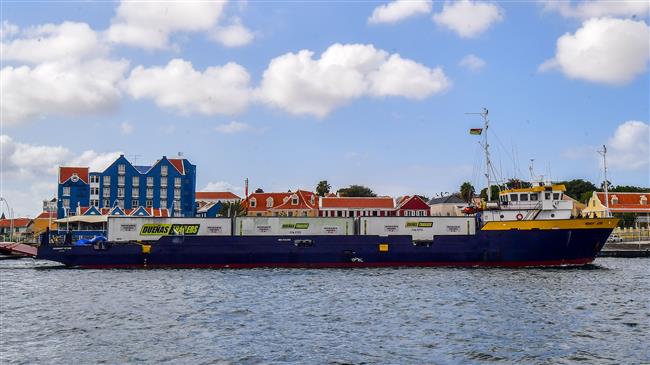


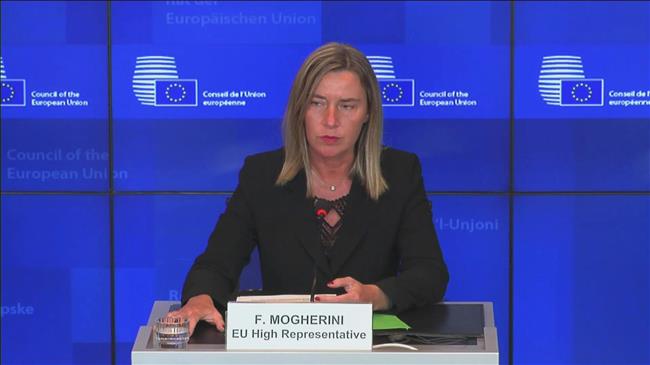

 This makes it easy to access the Press TV website
This makes it easy to access the Press TV website